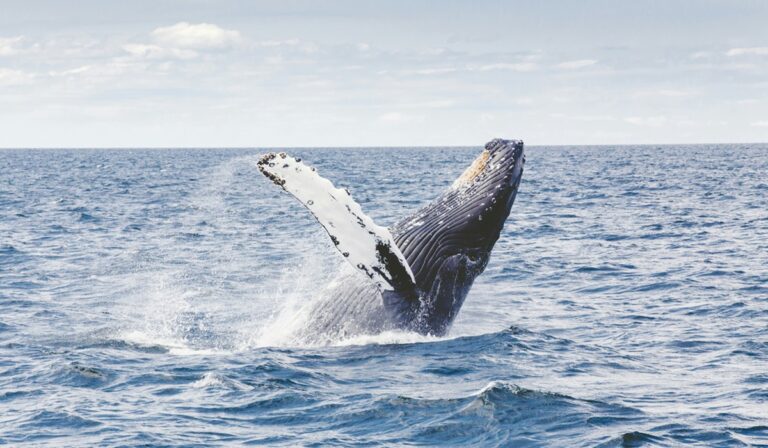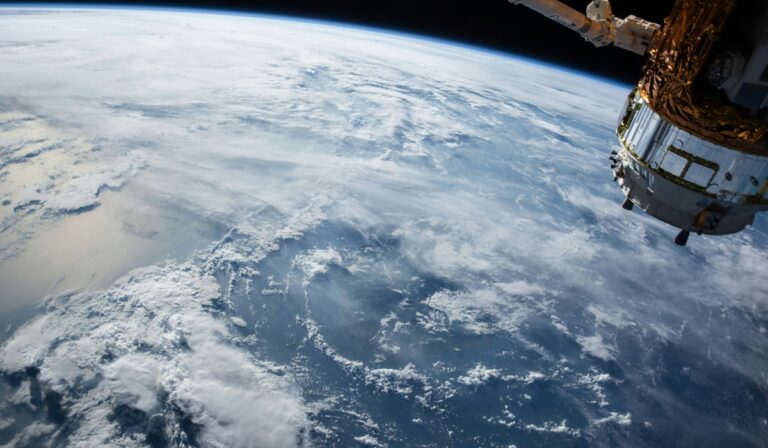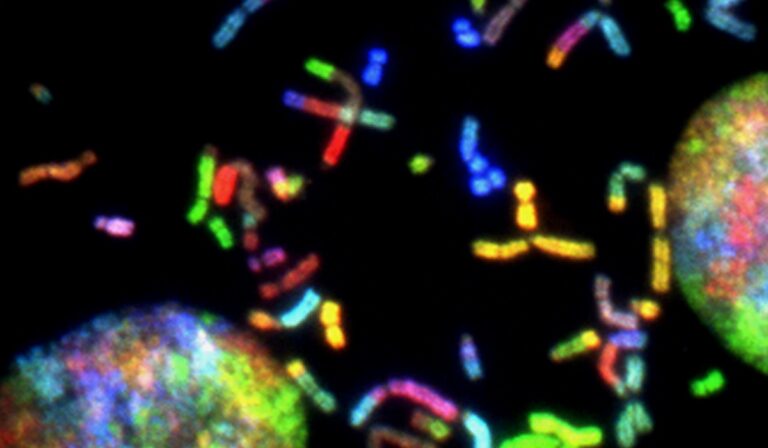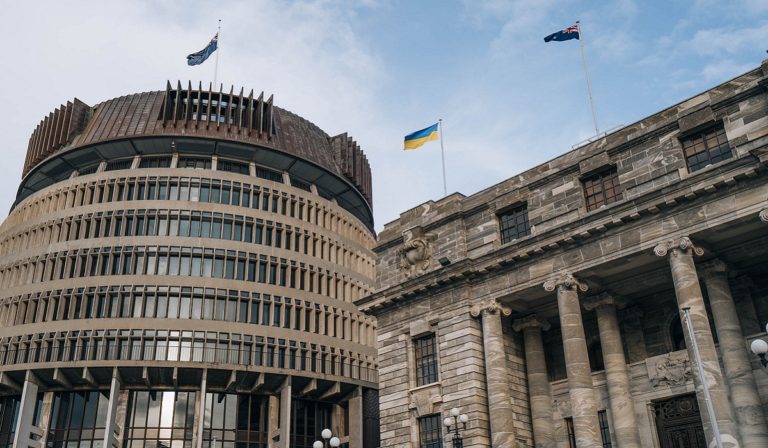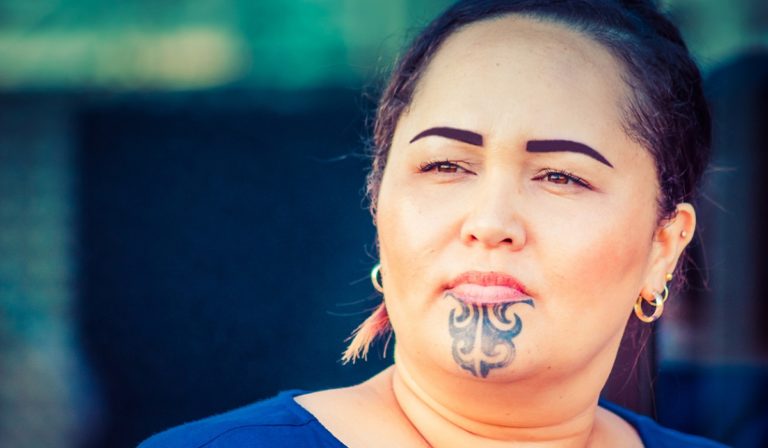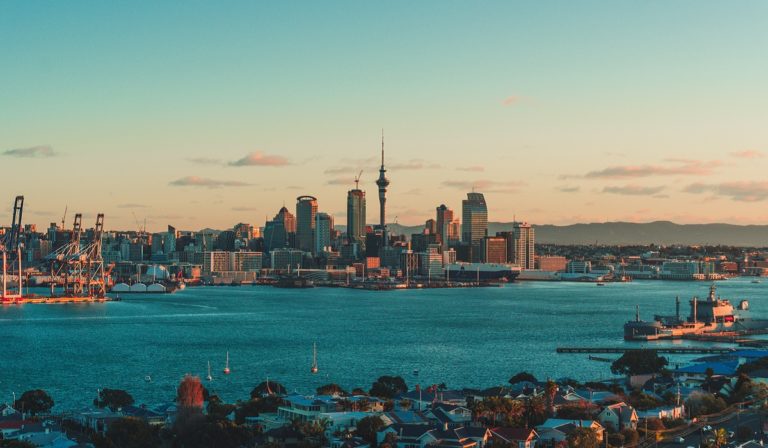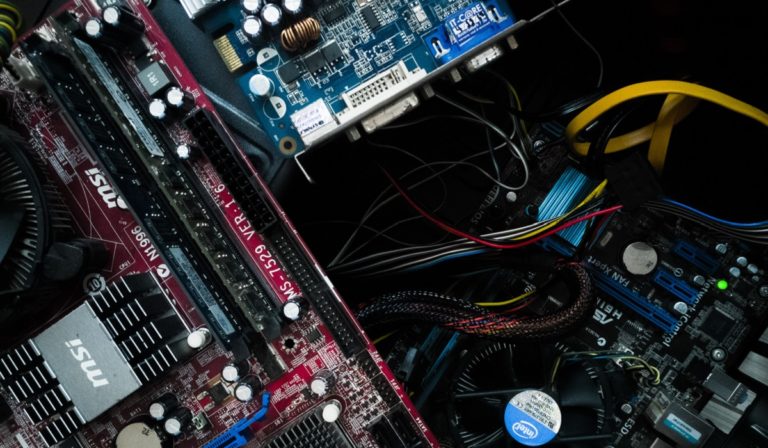In move to protect whales, Polynesian Indigenous groups give them ‘personhood’
Indigenous leaders of New Zealand, Tahiti, and the Cook Islands signed a historic treaty that recognizes whales as legal persons in a move conservationists believe will apply pressure to national governments to offer greater protections for the large mammals. “It’s fitting that the traditional guardians are initiating this,” said Mere Takoko, a Māori conservationist who leads Hinemoana Halo Ocean Initiative, the group that spearheaded the treaty. “For us, by restoring those world populations we also restore our communities.”
In move to protect whales, Polynesian Indigenous groups give them ‘personhood’ Read more

